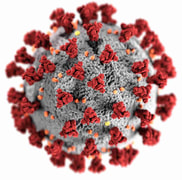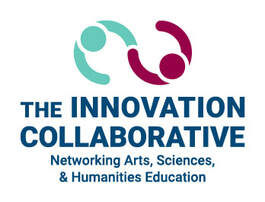 Collaborative member national education institutions have risen to the challenge to help their stakeholders adapt to the current COVID challenges. We asked representatives from these institutions to give us the top 3 strategies that their institutions are using to effectively address COVID for their stakeholders. Below are impressive strategies that these institutions are using. These strategies can benefit the entire STEAM field. Crayola Cheri Sterman, Director of Education At Crayola Education we are meeting teachers where they are and bringing a message of new opportunities to the discussions.
Dramatic Results Christi Wilkins, Executive Director We are transforming our delivery to engage with our students/families/collaborators by:
Educational Theatre Association Jim Palmarini, Director of Educational Policy, Reimagined the student-driven International Thespian Festival (ITF) and the annual EdTA Conference for teachers as virtual events (2,000+ attendees for ITF-V and 900+ for Conference)
International Technology and Engineering Educators Association Steve Barbato, Executive Director
National Association of Gifted Children Bess Wilson, Immediate Past Research Network Chair; Assistant Professor, Department of Foundations and Secondary Education, University of North Florida
National Dance Educators Association Susan McGreevy, Executive Director
National Science Teachers Association Tricia Shelton, Director of Professional Learning and Standards Implementation
0 Comments
Your comment will be posted after it is approved.
Leave a Reply. |
